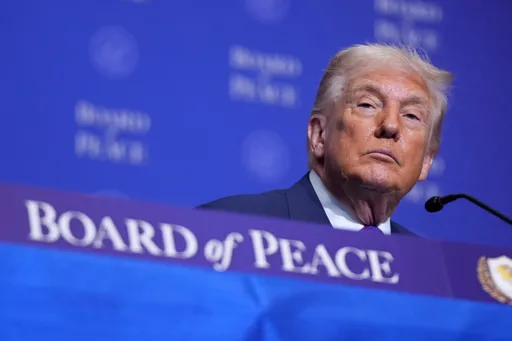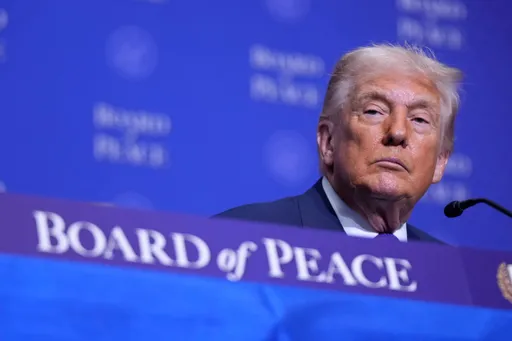Dozens of lawmakers who make up the biggest bloc in Iraq's parliament have resigned amid a prolonged political impasse, plunging the divided nation into political uncertainty.
The 73 lawmakers from Shia cleric Muqtada al Sadr’s bloc submitted their resignation on Sunday based on his request, to protest a persisting political deadlock eight months after general elections were held.
Parliament Speaker Mohammed al Halbousi accepted their resignation.
Al Sadr, a maverick leader remembered for leading an uprising against US forces after the 2003 invasion, emerged as the winner in the election held in October.
The election was held several months earlier than expected, in response to mass protests that broke out in late 2019, and saw tens of thousands rally against endemic corruption, poor services and unemployment.
The vote brought victory for powerful Shia cleric Muqtada al Sadr and was a blow for his Iran-backed Shia rivals, who lost about two-thirds of their seats and have rejected the results.
READ MORE:Baghdad traffic lights to resume functioning 19 years after US invasion
Tensions could boil over
Al Sadr has been intent on forming, along with his allies, a majority government that excludes his rivals.
But he has not been able to corral enough lawmakers to parliament to get the two-thirds majority needed to elect Iraq’s next president - a necessary step ahead of naming the next prime minister and selecting a Cabinet.
It was not immediately clear how the resignation of the biggest bloc in parliament would play out.
According to Iraqi laws, if any seat in parliament becomes vacant, the candidate who obtains the second highest number votes in their electoral district would replace them.
This would benefit al Sadr's opponents from the so-called Coordination Framework, a coalition led by Iran-backed Shia parties, and their allies - something al Sadr would be unlikely to accept.
There are already concerns that the stalemate and tension could boil over and lead to street protests by supporters of al Sadr, turning into violence between them and rival armed Shia militias.
READ MORE:Iraq hosted Saudi-Iranian talks at ‘advanced level’























